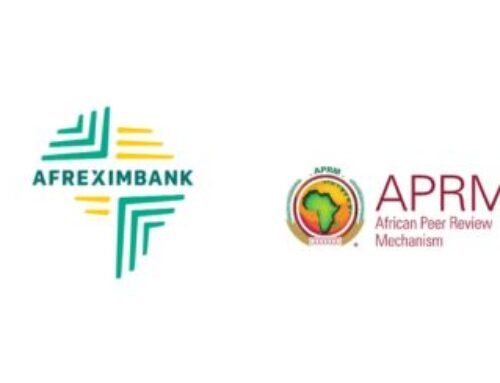
Credit rating agency DataPro has highlighted the importance of ethical data use, data ownership, and control.
In light of this, the firm made those the focus of this year’s Privacy Week.
In a statement signed by Team Lead of Data Protection Compliance, Ademikun Adeseyoju, the firm said that this year’s Privacy Day would serve as a platform for it to “emphasise the urgency of fostering a culture of heightened privacy consciousness among individuals, organisations, and government bodies.”
“It is recommended that organisations also embrace a proactive approach to privacy, integrating privacy by design into their business strategies and operations. By doing so, businesses not only protect the rights of individuals but also mitigate the risks associated with data breaches, thereby fostering trust and loyalty among their clientele, ”it remarked.
On the data ownership and control agenda that stakeholders need to consider, DataPro said, “Data has become a valuable commodity; individuals have the personal responsibility to ensure that they effectively safeguard and manage their personal data. Nigerians must enforce their rights to determine how their personal information is collected, used, and shared.”
The Nigeria Data Protection Commission had declared the theme for the 2024 edition of Privacy Week 2024 as ‘Reshaping Tomorrow’s Privacy Landscape’.
This year’s Privacy Week was commemorated from January 21–27, 2024.
According to DataPro, transparency is crucial in establishing trust between individuals and the businesses that handle their data. “DataPro, therefore, calls for enhanced transparency and accountability in data practices, encouraging organisations to clearly communicate their data collection and processing activities and be accountable for upholding user privacy,” it added.
It urged organisations to adopt the practice of ethical data use and prioritise the implementation of security measures.
The firm noted, “This includes minimising data collection to what is strictly necessary and regularly auditing data protection compliance to identify and address potential vulnerabilities.”






Leave A Comment